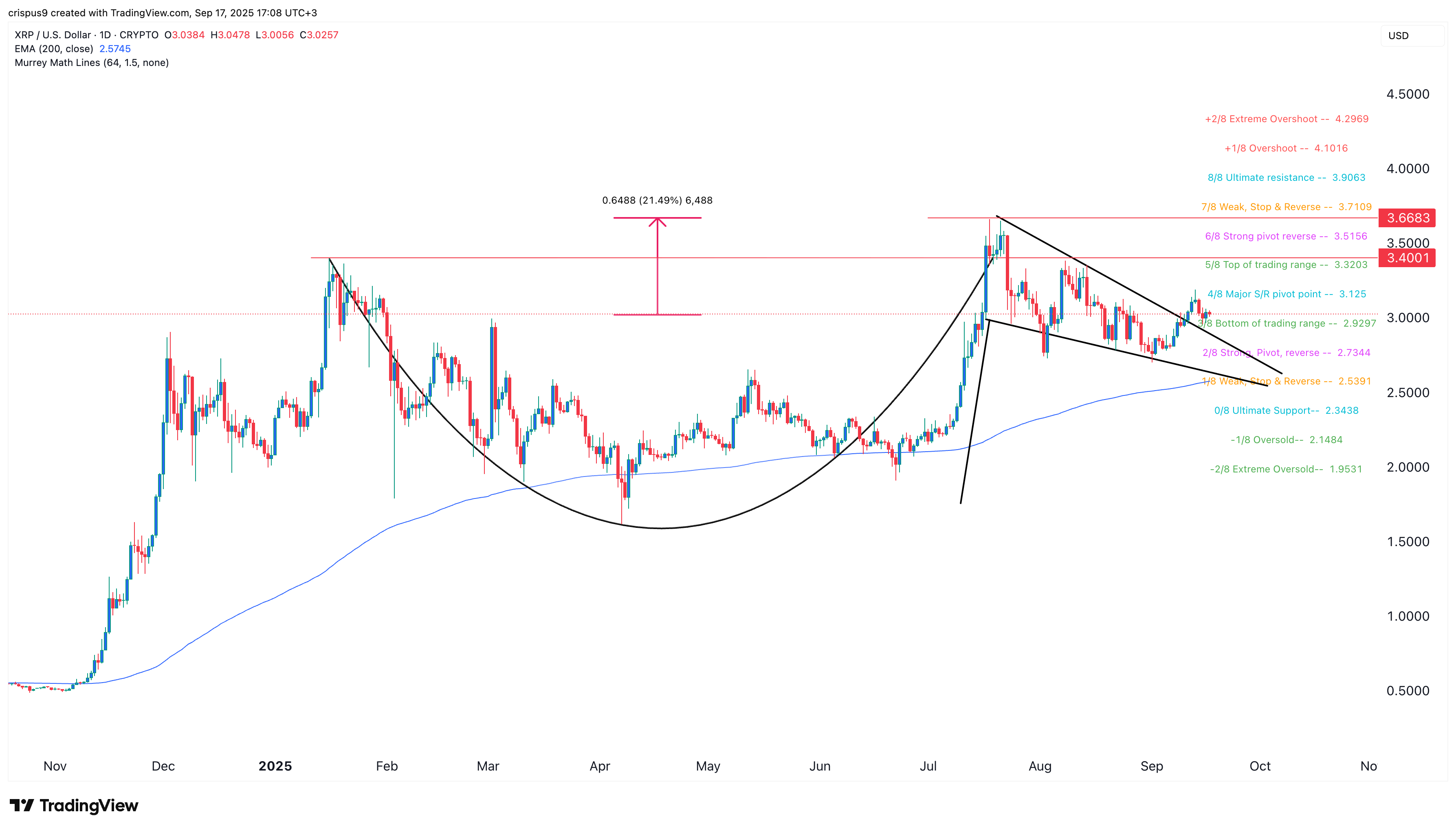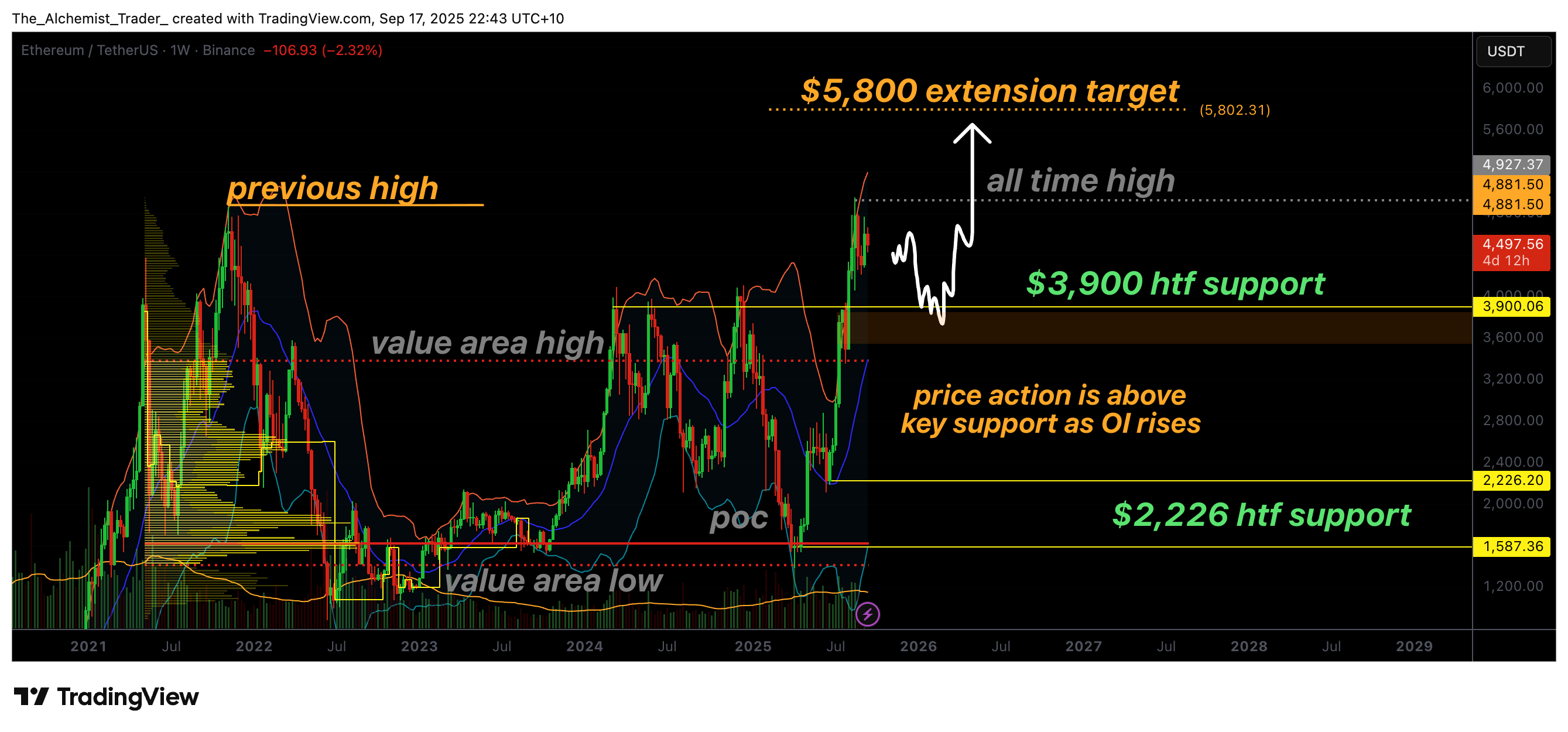Russia’s official backs CBDC as key tool for business to dodge sanctions: report

A Russian lawmaker has emphasized the digital ruble’s role in helping businesses bypass sanctions and streamline operations.
Russia’s central bank digital currency — also known as the digital ruble — will simplify life for entrepreneurs, especially those impacted by sanctions, according to Artem Kiryanov, deputy chairman of the State Duma’s economic policy committee.
In an interview with Russia’s news agency, Kiryanov explained that the digital ruble offers a big advantage for entrepreneurs, particularly those engaged in foreign trade.
“Using the digital ruble will primarily help entrepreneurs dealing with cross-border economic activities. It will ease operations amid sanctions.”
Artem Kiryanov
He emphasized that the digital ruble guarantees complete transparency in government purchases, offering a much-needed solution for controlling financial flows
“Everything that happens within the framework of state and municipal procurement should go through the digital ruble. It will enhance financial discipline and prevent fraud or unauthorized fund transfers.”
Artem Kiryanov
Russia has been piloting its central bank digital currency since August 2023, and it’s expected to be available for widespread use by mid-2025. Central bank governor Elvira Nabiullina earlier confirmed that if the pilot projects are successful, the digital ruble will be rolled out in a “mass implementation” by July. However, she noted that the transition will likely take several years to complete.
In a consultation paper from October 2020, the central bank reassured citizens that the proposed CBDC will complement, not replace, existing cash and non-cash rubles in circulation. In contrast, China, a key benchmark for Russia’s digitization efforts, has begun paying civil servants in Changshu state salaries using its own CBDC, the digital yuan, to encourage the adoption of the state-controlled currency.




